People often buy creatine in bulk, leading to common questions about its shelf life.
Yes, creatine, like any supplement, has an expiry date.
Apart from the manufacturer's expiry date, there are other factors that might make creatine expire faster.
I will also give you tips on how to determine if your supplement has expired.
Read until the end for detailed information.
Quick Summary
- Creatine does expire but if stored properly, it remains safe and effective to use for up to 2 years past its expiration date.
- Keep creatine in a cool, dry place, away from sunlight, ideally in an airtight container to maintain its quality.
- A study published in PubMed reports that high-quality creatine supplements can help athletes train longer and harder, enhance anabolic states, and improve cell signaling.
- In my opinion, the longevity and effectiveness of creatine make it a valuable supplement for athletes, and its extended shelf life offers practical benefits for long-term use and bulk purchasing.
How Does Creatine Work?
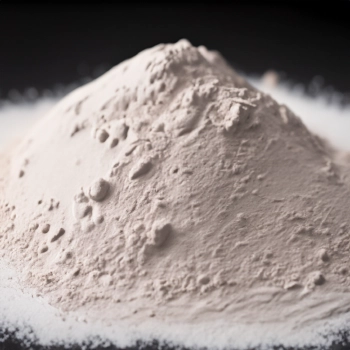
Creatine, a naturally occurring amino acid, boosts ATP energy, enhancing strength and endurance during intense workouts.
The best creatine supplements aim to increase the phosphocreatine stores in your body [1], which is what we use to create more adenosine triphosphate (ATP) when we’ve depleted it through exercise.
Taking a high-quality creatine supplement can help athletes to train longer and harder, raises anabolic states, and improves cell signaling, amongst other benefits, according to the study published in PubMed [2].
Some people use creatine supplements with beta-alanine to experience optimum gains.
"...Creatine supplementation increases intramuscular creatine concentrations which may help explain the observed improvements in high intensity exercise performance leading to greater training adaptations."
- Kreider, RB et al, Researcher, Texas A & M University
There are lots of different types of creatine supplement, but the most common and popular is creatine monohydrate, and most of the research and science that we discuss in this article will be relating to that.
While many are familiar with creatine monohydrate, there are several other forms of creatine available in the market, such as creatine ethyl ester, creatine hydrochloride (HCL), and liquid creatine. Each form has its unique properties, and their expiration might vary based on their composition.
Related:
Does Creatine Expire?

Creatine expires but remains safe to use past its expiration if stored in cool, dry places. Creatine monohydrate can even last up to 2 years beyond its expiration with proper storage. However, liquid creatine is less likely to last longer than the expiry date, and such creatine could make you sick.
Compare that to whey protein powder which may go bad within days of a six month expiration date [3]. Creatine monohydrate powder supplement is very stable and is unlikely to break down into creatinine, its waste product. Even time and poor storage do little to impact the product and cause the breakdown.
One study shows that the supplement hadn’t begun to break down even after 4 years stored at a high temperature of 140°F (60°C).
Other forms such as creatine ethyl ester and creatine are less stable and will breakdown more quickly into creatinine after their expiration dates, based on the research published in PubMed [4].
Should You Take Creatine That Has Expired?
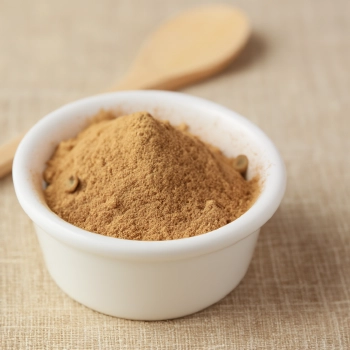
Taking expired creatine, particularly creatine monohydrate, is generally safe as it doesn't break down into creatinine quickly. However, its effectiveness for athletic performance might lessen over time.
If you're uncertain about your creatine's quality due to expiration or storage issues, consider getting a new batch. Exploring different creatine forms and their storage can maximize benefits. When in doubt, it's wiser to replace expired supplements, as they are typically affordable and it's better to be safe with what you consume.
Once the supplement has broken down into creatinine, it is much less potent and will not work as intended [5].
Can Expired Creatine Make You Sick?

No, these creatine supplements can't make you sick. Its effects on the body have been well studied and documented, and it's generally considered safe to consume.
Creatine monohydrate remains stable and safe past its expiration, usually only losing potency. From personal experience, even 'aged' creatine has been safe to consume without causing sickness.
However, if the creatine is exposed to moisture or contamination, it may become unsafe. Signs of spoilage include changes in color, smell, consistency, and taste. In such cases, it's best to stop using the powder immediately.
How Should You Store Creatine?
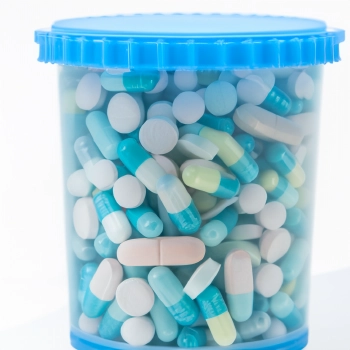
You should store creatine in an airtight container in a cool, dry place away from direct sunlight, as it may speed up the breakdown process, according to the study published in PubMed [6].
By keeping your creatine stored correctly and ensuring the powder isn’t introduced to moisture, you are significantly improving its shelf life, and it should be fine to use for years after its expiration date.
I’ve always made it a point to store my creatine in an airtight container, tucked away in a cool, dry corner of my kitchen. Trust me, I learned the hard way - I once left a brand-new tub near a sunny window, and it just wasn’t the same afterward. So, a little tip from someone who’s been there - treat your creatine with care, and it’ll treat you well in return.
Moisture is the big problem, though, as with it can come bacteria, which is the only way your creatine might truly go bad [7].
How Long Can You Keep Creatine?
You can keep creatine for about two to three years from production as long as it is stored properly. Creatine monohydrate is more stable and could last past that estimated expiration date.
Use the expiration as a guide, store your creatine supplements properly to prolong shelf life, and stop using them if they don’t seem to be working as well as they used to.
What Does Expired Creatine Look Like?

Expired creatine looks similar to regular creatine. It breaking down doesn’t cause much of a physical change even past its shelf life.
You might have experienced clumpy creatine or expect to see that past expiration date, but that is usually caused by moisture in some way getting into the powdered supplements.
As mentioned before, there may also be some discoloration or strange smells from older creatine powders, but this typically indicates bacteria is present, and it should be thrown out after outliving its shelf life.
References:
- https://www.ncbi.nlm.nih.gov/pubmed/22297802
- https://pubmed.ncbi.nlm.nih.gov/22817979/
- https://www.ncbi.nlm.nih.gov/pubmed/16721796
- https://www.ncbi.nlm.nih.gov/pubmed/21424716
- https://pubmed.ncbi.nlm.nih.gov/10893433/
- https://www.ncbi.nlm.nih.gov/pubmed/12701816
- https://www.ncbi.nlm.nih.gov/pmc/articles/PMC3512480/
About The Author
You May Also Like

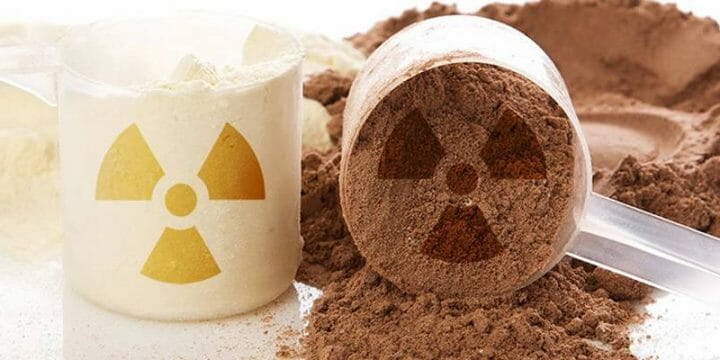

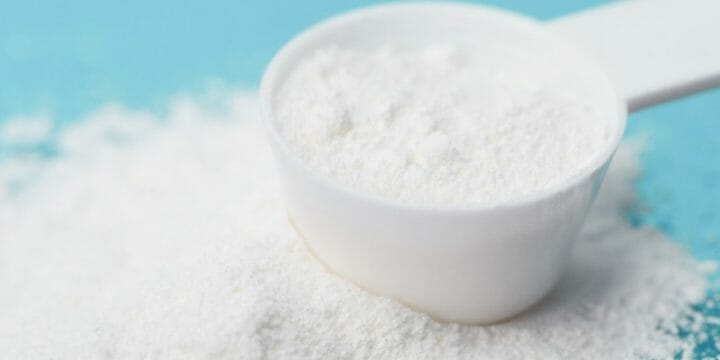



One of the few things, why this is worth the purchase– creatine monohydrate’s shelf life, is 1-2 years.